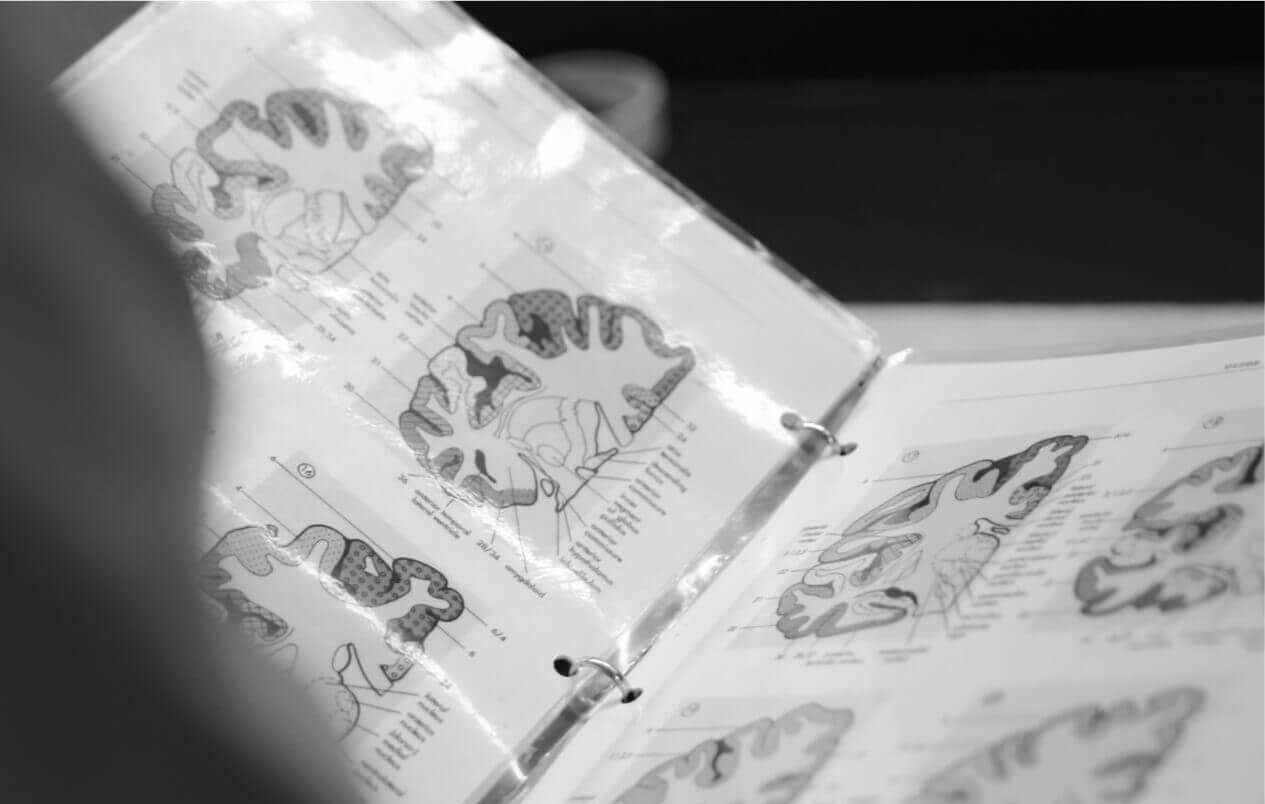Reducing the Stigma of Mental Illness: Mental Illness Awareness Week
One in five adults experiences a mental health condition each year, according to the National Alliance on Mental Illness (NAMI.) That number isn’t surprising to us—here at The Brain Donor Project, mental illness is the number one category of brain conditions reported by those who preregister to donate their brain to neuroscience research when they pass. With so many of us either experiencing mental illness ourselves or impacted by a loved one’s disorder, we know that the answers can’t come fast enough.
Fortunately, organizations like NAMI have made great strides when it comes to addressing a major obstacle when it comes to mental illness: stigma. For far too long, society has held misconceptions about mental health and mental illness, which have impeded many from seeking treatment, resulting in severe quality of life concerns and other health consequences. As we kick off Mental Illness Awareness Week (October 6 – 12,) we support NAMI’s efforts to eliminate the stigma of mental illness at home, in our communities and in the workplace.
This year, NAMI launched StigmaFree, a comprehensive campaign “designed to promote mental health awareness, support, and community within organizations.” Data shows that promoting mental health at work has become a priority for many organizations—and for good reason. When employees feel supported and valued at work, they are more healthy, engaged and motivated. Education, open dialogue and supportive policies can help encourage a stigma-free culture in the workplace. NAMI’s efforts include many resources for both employees and employers to truly advance mental well-being in the workplace.
Ultimately, reducing the stigma of mental illness—whether at work, in our schools or in our communities—requires the collective effort and commitment from all of us. Stigma should not stand in the way of science or health.



